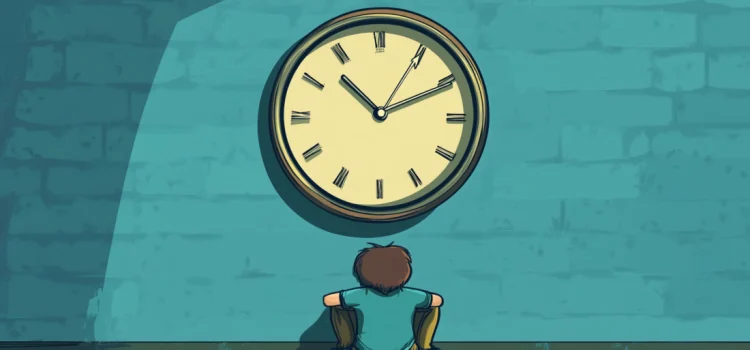Want to know how to prepare for lucid dreaming? How can you improve your dream recall? What are dream clues? Lucid dreaming is more than just having fun while you’re sleeping—there are real-life benefits to learning the practice. But before you can start lucid dreaming, there are steps you must take to prepare your mind. Here’s how to prepare your mind for lucid dreaming.
How to Prepare for Lucid Dreaming—Learning the Basics










